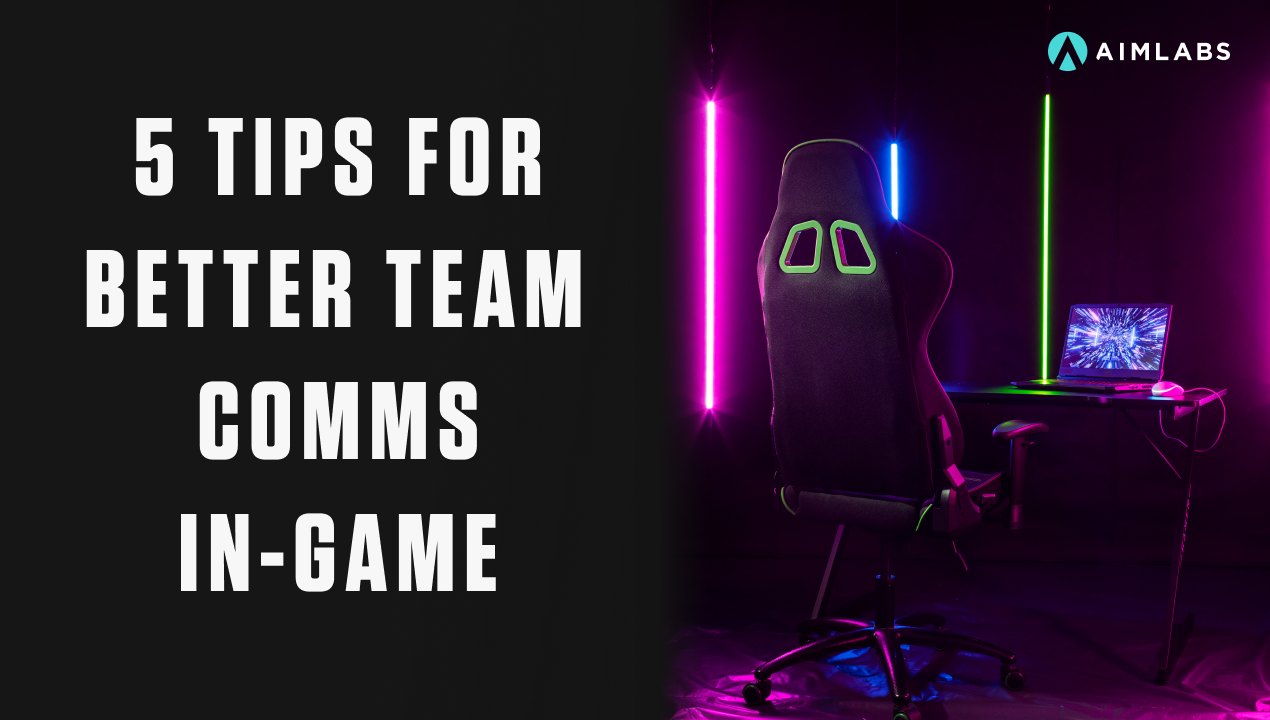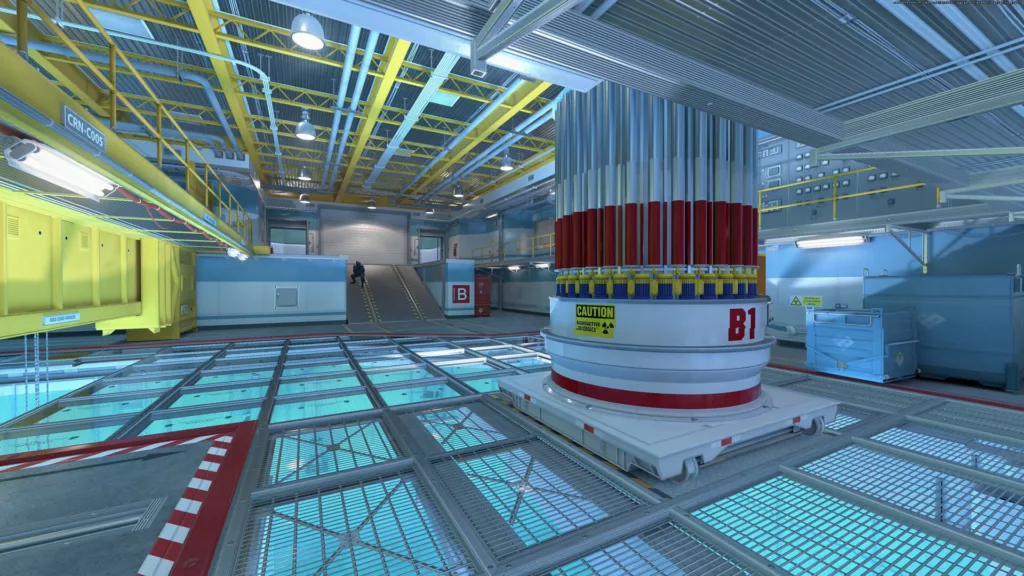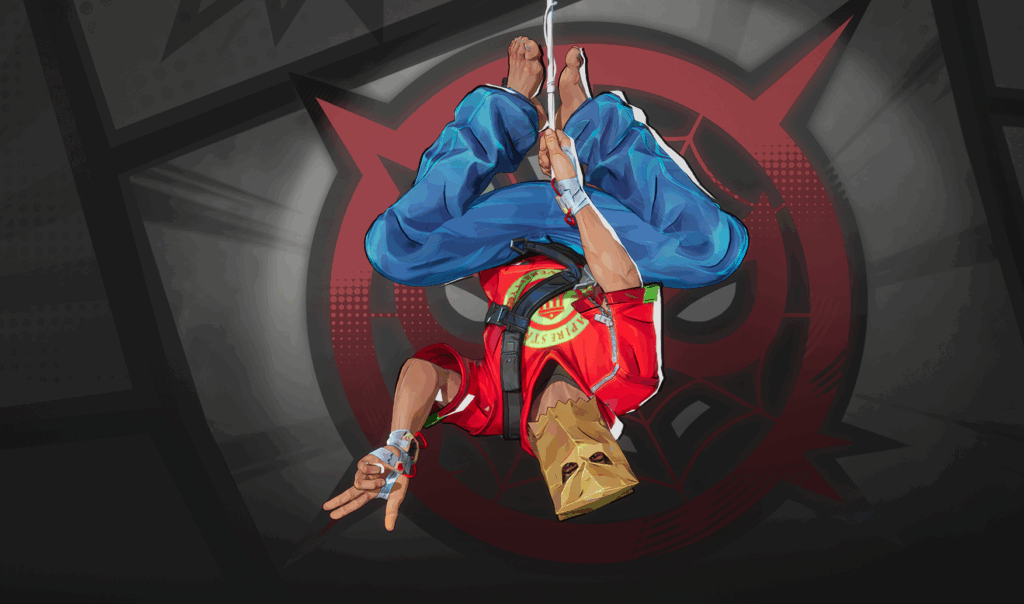
5 Communication Tips for Better Team Chemistry in Competitive Matches
Strong team communication can be the difference between a solid win and a roster-changing loss. Whether you’re grinding ranked, scrimming with your squad, or competing in a tournament, how you talk to your teammates and when can significantly impact performance and team chemistry. Here are five tips to help foster healthier, more productive communication during your matches.

1. Now’s Not the Time to Argue
Mid-match isn’t the moment for debates or disagreements. If a teammate or your IGL makes a call you disagree with, follow it for the moment and bring up any concerns after the game. Challenging someone during a round distracts everyone and often leads to emotional reactions rather than constructive dialogue. Even if you’re right, bringing it up during play can break focus and hurt your team more than help it.
2. Be Thoughtful With Feedback
When giving feedback or criticism, consider your tone and your timing. Some conversations are better handled one-on-one rather than in front of the whole team. Others might benefit from a group discussion during a break or VOD review. Deliver your thoughts in a way that encourages dialogue and progress rather than defensiveness or frustration. Great teammates know how to lift each other up, even when things go wrong.

3. Cut the Complaining
Nobody wants to hear constant complaining during a match. It doesn’t help your teammates… if anything, it can shake their confidence or throw off their focus. Vocalizing it could also make the situation far worse for yourself, instead of focusing on or making a change to adapt to the problem you’re struggling with. If you’re confused or something’s not working, be direct and solution-oriented. For example, “I think they’re pushing B fast, let’s change it up so we’re ready for them” goes a lot further than passive griping.

4. Consider the Response You Want
Before calling out a teammate or asking a question, think about what kind of response you’re inviting. Would you respond well to the way you’re phrasing your comment? Are you putting your teammate in a spot where they can actually give a productive answer, or are you just venting frustration? Instead of asking that 0-5 Spider-Man to swap off of DPS, ask what their hero pool is. See if anyone else needs to swap to help that player out and put the team in a position to succeed. Offer solutions without coming off condescending. Communicate in a way that keeps the team thinking forward rather than getting defensive.
5. Don’t Let Cheater Talk Derail the Vibe
Yes, cheating exists. We’ve all seen the clips and the countless YouTube videos breaking down how bad it is in (insert whatever game you’re playing because they ALL have THAT video). But unless you’re in a position to pause the match and report someone with concrete evidence, complaining about suspected cheaters mid-game usually does more harm than good. The second you start doubting the integrity of the match, your team’s mental game takes a hit. Stay focused, play to win, and if you need to report someone, do it after the game, not during it.
Good communication isn’t just about talking… it’s about making sure your words lead to progress, not problems. A team that respects each other’s focus and communicates with purpose is one that wins more games and has more fun doing it.
